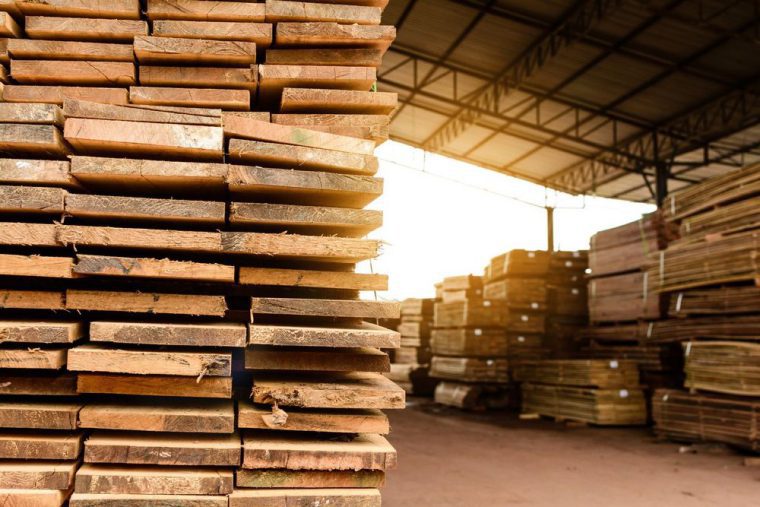
Construction Timber Specifications: Density and Strength Groups
No matter which timber suppliers you visit across Queensland, your timber is graded by the standards in a Government publication called, “Construction timbers in Queensland.” They use scales and standards for density and strength. It is important to grade timbers to help ensure that any construction project uses a variety of timber that is safe for its intended use.
Density
Density of timber is measured in kilograms per cubic metre (kg/m3). It is a measure of mass per unit volume. Timber density is affected by moisture in the environment. Density as used in schedules recommending appropriate use is derived by using the average values as measured to the nearest 5 kg in what is known as an “air-dry” condition. “Air-dry” means a seasoned, 12% moisture content. If a species is known to have a large disparity in density depending upon the environment, the schedules contain a range.
Strength Groups
Each species is assigned a seasoned and an unseasoned strength group. The classification is made according to the specifications in AS/NZS 2878-2000 “Timber—classification into strength groups” according to Standards Australia 2000a.
Since seasoned timber and unseasoned timber display markedly different mechanical properties, all species are given two strength grades. SD means seasoned or dry timber and S means unseasoned timber.
Unseasoned timber has seven strengths from S1 to S7. S1 is the strongest grade and S7 is the weakest grade. Seasoned timber has eight strength grades from SD1 to SD8. Some strength groups apply to broader groups or marketing categories such as pine or mixed hardwoods. Whenever a species or group has multiple varieties, the weakest of the lot is used for the strength rating.
Call Narangba Timbers
We have been Australian timber suppliers since 1972. We carry a full range of timber for all construction applications. We pride ourselves on our high quality and the best customer service in the timber industry.
To learn more or to place an order, call us today on 1300 477 024.